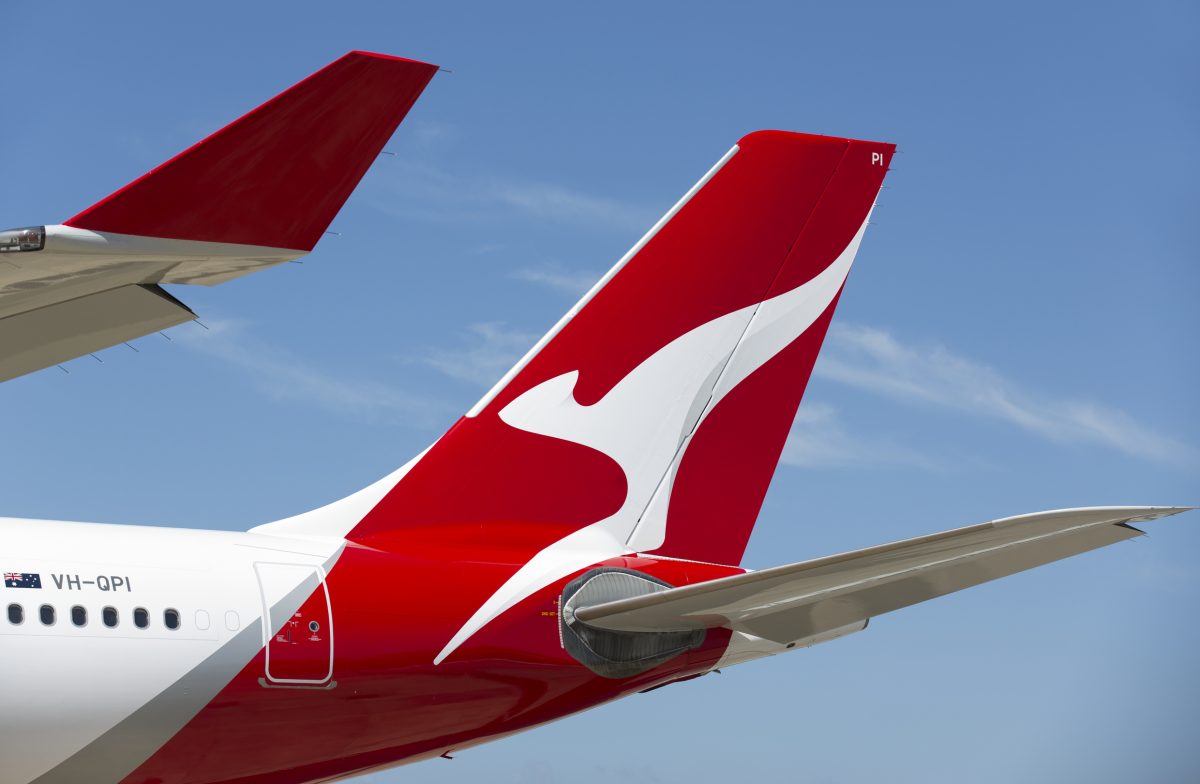- Joined
- Jul 8, 2007
- Posts
- 3,012
- Qantas
- Platinum 1
- Virgin
- Red
- Oneworld
- Emerald
That sounds more accurate and quite reasonable.Interviewed by the AFR, she said…
That sounds more accurate and quite reasonable.Interviewed by the AFR, she said…
In the scheme of things, he’s been in that position for quite a long time until now.That sounds more accurate and quite reasonable.
A ... here ... nothing further ...Nothing for me yet. Was one of the first for the first emails, maybe I will be one of the last for this set
My surname begins with an N if they’re doing them alphabetically
For managing and logging enquiries they used a database from 3rd party provider called salesforce. It's unclear (and we'll probably never know for sure) which call centres use what however what we do know is that the Manila one uses salesforce (to log/manage tickets).Curious that 'only' 6 million data files were accessed. Why those 6 million? What made them vulnerable? Surely there is only one data base?
AFF Supporters can remove this and all advertisements
Ooh not happy Jan won’t even come close to describing their state of mind.The Age is reporting that some CL members are included in the breach…
Curious that 'only' 6 million data files were accessed. Why those 6 million? What made them vulnerable? Surely there is only one data base?
For managing and logging enquiries they used a database from 3rd party provider called salesforce. It's unclear (and we'll probably never know for sure) which call centres use what however what we do know is that the Manila one uses salesforce (to log/manage tickets).
Same for me too. No 3rd email yetReceived Emails 1&2 but not yet Email 3 with details of which of my info has been stolen.
Curious that 'only' 6 million data files were accessed.
my own wild guess that the incursion was detected
For this very reason it's occurred in the first place. This has been reported (by AFF and others) as not someone "hacking" into the database but rather a leak through someone using valid credentials to access it. QF uses these 3rd party call centres (again contracted to but not part of QF group) and only provides them access to limited systems (or a whole seperate system altogether) required to do their jobs.But thinking further (yes, dangerous I know), the subject of "offshore" databases, why would Manila need its own local database? Would not each agent 'log in' to the system in play and that data needn't be on a server a few km away?
For this very reason it's occurred in the first place. This has been reported (by AFF and others) as not someone "hacking" into the database but rather a leak through someone using valid credentials to access it. QF uses these 3rd party call centres (again contracted to but not part of QF group) and only provides them access to limited systems (or a whole seperate system altogether) required to do their jobs.
QF's salesforce deployment isn't limited to the Manila call centre but what appears to unique is the database they use which is separated from the rest of the QF platforms. In this case such setup has clearly saved a bit of QFs bacon as it's not the whole frequent flyer database but I guess in the long term it's valid to ask why they needed to keep such records for so long in that database (instead of removing them and pushing to a locked down version).
As for the server distance and physical database location, with undersea cables I can get a ~300ms (0.3 of a second) response time to a server in London (from Brisbane) so the physical location doesn't really matter and it's possible the database was located in Australia but just access abroad. About 2 years ago the QF group switched a lot of their services to Amazon's AWS which has data centres across the globe but in this case I'm not sure that even matters as it's could even be salesforce who controls and hosts this platform.
It had been going around at orgs using salesforce. So I doubt Qantas specially was on high alert.In addition QF seems to have had an early tipoff something might happen and had already sent out warnings to staff days before.




Similar breaches by the same hackers had already happened in the UK and US, targeting loyalty schemes and getting in through outsourced call centres. Some UK retailers were hit so badly that their systems have been offline for weeks and they certainly haven’t been able to notify customers individually on what data was taken. Qantas actually looks to have done pretty good by comparison.In addition QF seems to have had an early tipoff something might happen and had already sent out warnings to staff days before.

